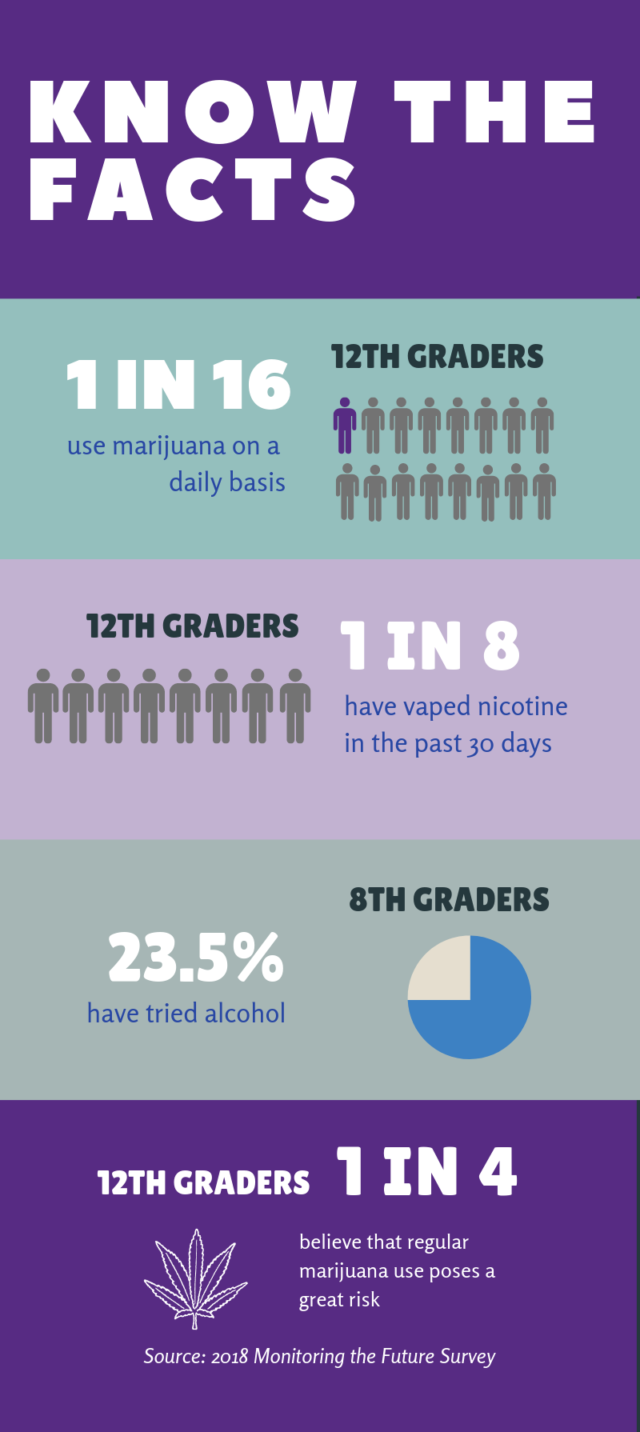Exploring The Scientific Basis Of Treating Drug Addiction
Exploring The Scientific Basis Of Treating Drug Addiction
Blog Article
Content Develop By-Regan Bass
Think of Drug addiction therapy as an intricate challenge, with each item representing a different element of the clinical technique to combating drug abuse.
From the elaborate functions of the mind to the influence of environmental variables, the scientific research behind dependency treatment unveils a multidimensional viewpoint that guides reliable treatments.
Understanding how organic, psychological, and social components link in the therapy process can provide very useful understandings right into fostering long-term recuperation.
By unwinding the science behind Drug dependency therapy, you will get a deeper gratitude for the detailed methods utilized in resolving this prevalent issue.
Biological Consider Dependency Therapy
When resolving organic factors in dependency treatment, it's important to understand how the body's chemistry influences the performance of interventions. The means substances interact with your mind's natural chemicals plays a significant duty in dependency growth. For example, medications can pirate the mind's reward system, resulting in desires and compulsive drug-seeking habits. Understanding these chemical processes aids in customizing therapy approaches like medication-assisted therapy to target details neurotransmitter inequalities.
In addition, genetic aspects can also influence exactly how your body replies to particular materials, affecting your susceptability to dependency. By thinking about these biological elements, healthcare specialists can customize therapy strategies that attend to the distinct demands of people fighting addiction, eventually enhancing the possibilities of effective recovery.
Psychological Interventions for Addiction
Recognizing the mental interventions for dependency is critical in matching the biological aspects dealt with in therapy plans. Below are three vital emotional interventions that play an essential role in dependency treatment:
1. ** Cognitive-Behavioral Therapy (CBT): ** This treatment helps you recognize and change unfavorable idea patterns and behaviors related to substance abuse.
2. ** Motivational Interviewing (MI): ** MI is a therapy method that assists you locate the inner motivation to transform addictive habits.
3. ** Mindfulness-Based Interventions: ** These methods focus on enhancing your understanding of desires and triggers without judgment, helping you manage them efficiently.
How To Help Someone With Drug And Alcohol Addiction California in hand with organic treatments to offer a detailed technique to addiction recuperation.
Social Support and Healing in Dependency
Social support plays an essential duty in addiction recuperation, offering people with the essential encouragement and help to browse the obstacles of getting over chemical abuse. Having a strong support group can dramatically boost the likelihood of successful recuperation from addiction. https://notes.io/wgBHS , member of the family, support system, and therapists all contribute to developing a network of support that can help you stay determined and concentrated on your journey to sobriety.
Social connections can use understanding, compassion, and functional help during difficult times, functioning as a resource of stamina and assistance. By surrounding on Suggested Studying with favorable and motivating people that count on your ability to recoup, you can enhance your strength and commitment to remaining substance-free.
Final thought
So, you have actually learned about the science behind Drug dependency treatment. By recognizing the organic, psychological, and social variables at play, you can see just how detailed treatment is necessary for recuperation.
Bear in mind, addiction is a beast that can be tamed with the right tools and support. Keep combating the excellent fight, due to the fact that you're more powerful than any type of challenge in your method.
